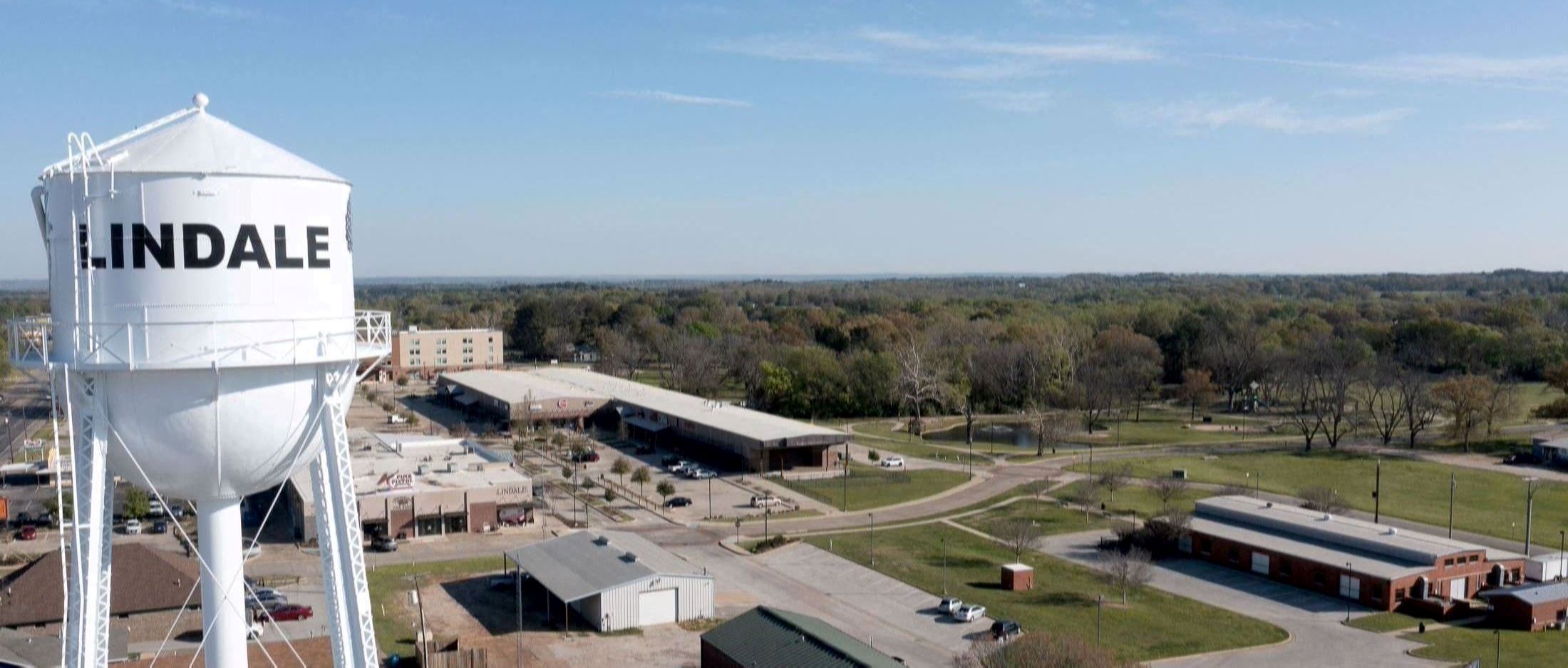Even lifelong Texans may not have heard of my hometown of Lindale. With just under 5,000 people while I lived there, Lindale sits roughly 90 miles east of Dallas and bears many hallmarks of a small Texas town: more than three churches per square mile, roads dominated by trucks, and packed football stadiums on Friday nights. It’s also overwhelmingly white. On paper, Lindale might seem an unlikely home for an Indian-American kid. In reality, it was great to me.
Whether playing basketball nearby or attending a debate tournament out of town, my friends’ parents looked after me like I was their own—including by scolding me when needed. Teachers occasionally drove me home after late practice for a math or band competition—teachers who were as impressive as they were kind. My debate coach could easily help me with a speech or Algebra 2 homework; my calculus teacher excelled at explaining differential equations and coaching soccer.
My path to medicine began in Lindale, too. I went to college at the University of Texas at Austin (hook ‘em), but my interest in becoming a doctor developed through working with clinicians at Lindale Medical Clinic and hospitals in nearby Tyler. I never dreamed these experiences would take me to Harvard Medical School. But my teachers did. After I competed in a debate tournament at Harvard University, one joked, “You could end up in school there; just be a smart, well-rounded, hard-working liberal.” The joke did not surprise me—Lindale sits in Smith County, a deep-red county in East Texas where more than 70 percent of voters backed Donald Trump in the last election. Politics aside, the people of Lindale saw Harvard as an incredible place to learn. They were right. Their belief helped propel me to the Harvard/MIT MD-PhD Program.
 (City of Lindale)
(City of Lindale)This rigorous program bridges clinical medicine and research. Students complete the first two years of medical school, earn a PhD, then finish the final two years of medical school. Most often, graduates continue to hospital residency and careers at academic medical centers, where they care for patients while pursuing new cures, treatments, and diagnostic tools. In the process, they improve the health of individual patients and the future of medicine itself.
To enable this mission, the National Institutes of Health (NIH) funds 57 MD-PhD programs through its Medical Scientist Training Program. These grants, which totaled $4 million for the current academic year, come with strict requirements to ensure that spending aligns with the NIH’s ultimate goal of improving human health through science.
On May 15, 2025, both NIH grants that support the Harvard/MIT MD-PhD Program were terminated as part of a broader attempt by the federal government to terminate direct NIH funding to Harvard Medical School. Thirty-two students who spent countless hours applying for and earning NIH F30 fellowships saw their awards vanish. These decisions affect not just the archetypal Harvard student many imagine—they affect people who grew up in Lindale, people whose parents are not doctors or scientists, people who attended public schools their entire lives, people who tirelessly pursued a career in service of others, and people who often decline lucrative private practice and dedicate their lives to life-saving research.
My classmates are among the hardest-working people I know. Publishing a peer-reviewed biomedical research paper routinely demands years of perseverance and troubleshooting. In 2024 alone, the Harvard/MIT MD-PhD Program’s 208 students co-authored more than 180 peer-reviewed publications. Those students regularly work more than 12 hours a day conducting and repeating experiments in laboratories followed by continued reading, writing, and coding at home. Instead of halting this work, the government should support it—it’s an investment in our collective health as a country.
Consider Dr. Arlene Sharpe and Dr. Vijay Sankaran. Sharpe, who obtained her MD and PhD from Harvard Medical School, made discoveries critical to the development of cancer immunotherapy drugs that have redefined cancer treatment. Sankaran, while still a student in the program, contributed to a discovery that led to the first FDA-approved CRISPR/Cas9 gene therapy for sickle cell disease. Such life-changing research takes time. More than a decade passed between each discovery and drug approval. And not every story ends in success. Research can fail, scientists’ hypotheses can turn out to be wrong, and a discovery’s long-term importance may not immediately be clear. Yet, losing patience or faith in the research process risks failing to provide improved treatments for patients everywhere.
Whether a biomarker can improve the diagnosis of pancreatic cancer, a genetic mutation affects a person’s risk of Alzheimer’s disease, or a molecule kills an antibiotic-resistant superbug is not political. My classmates and I are working on each of these problems and countless others.
Our mentors apply for and win government grants that fund this research for the benefit of all Americans. Terminating those grants threatens our ability to do this research and, with it, the promise of making discoveries that will one day improve and save lives.
The post I Came from Rural Texas to Harvard’s MD-PhD program. Now, Trump Defunded that Program. appeared first on The Texas Observer.
 (2).png)
 4 months ago
344
4 months ago
344





 English (US)
English (US)